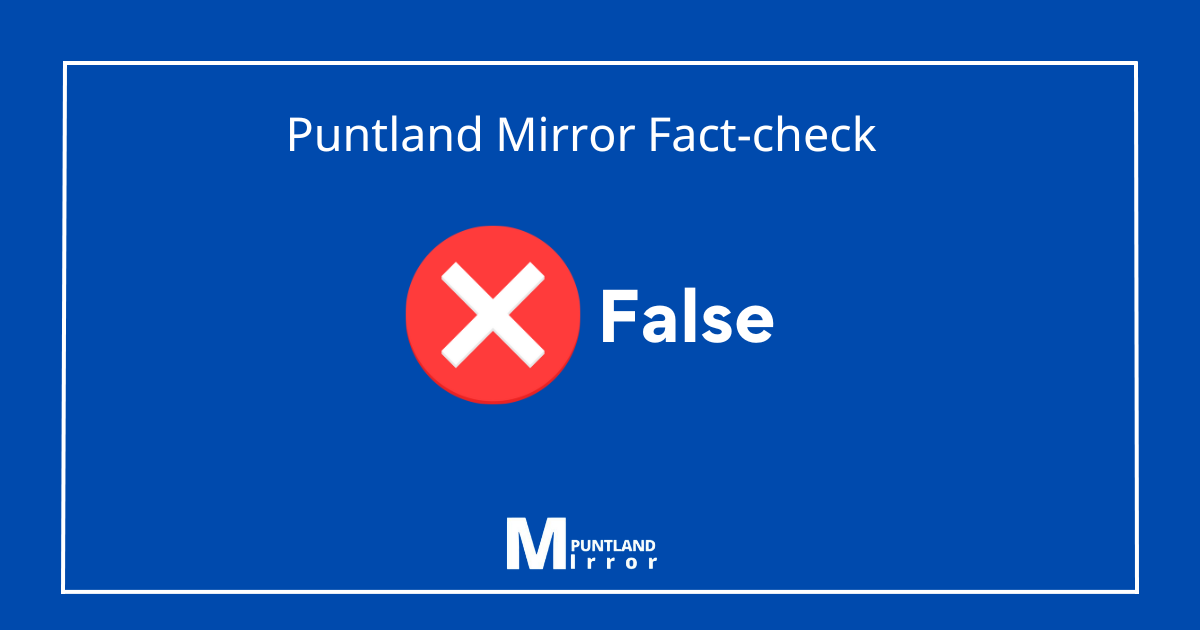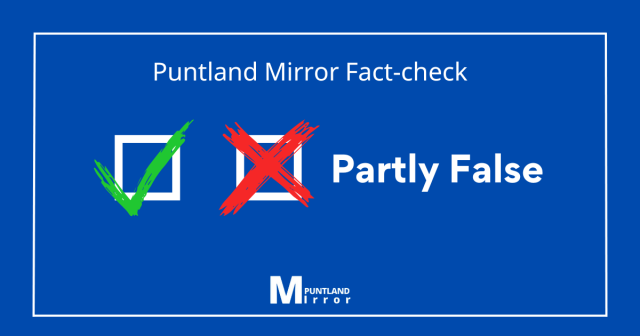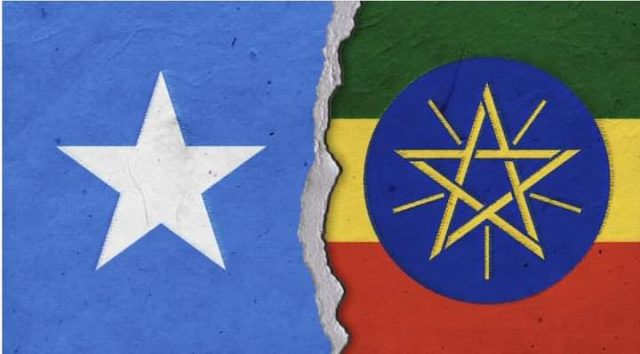The image has been online since January 2012.
This post on X (formerly Twitter), featuring an injured soldier and claiming that they are Somali soldiers who were killed and wounded in an Al-Shabaab attack in October 2024 is MISSING CONTEXT.
“Major Breaking News: Alshabab terrorist organization took responsibility for ambushing a Somalia National Army outpost in Yaaqle, near Balcad, in the Middle Shabelle region. In a short video clip they released, the group displayed the bodies of 17 Somalia National Army soldiers who were killed in the attack. They also claimed to have wounded 8 additional soldiers and captured one.” The post reads.
The post creates the impression that the soldier in the photo was part of those hurt during the alleged attack.
To verify the authenticity of the image, Puntland Mirror conducted a Google reverse image search and found that the picture has been online since January 2012, which predates the claim which was made on 8 October 2024.
The picture was shared on the New York Times website on 20 January 2012 with the caption, “Somali and African Troops Hit Rebel Posts in Mogadishu”. The publication said the image was of a wounded African Union soldier.
The same photo was also published here, here and here, all of which predate the claim.
Puntland Mirror contacted the Somali military command and spoke to Lieutenant Colonel Ishal Jama Ali who said over the phone that no Somali military forces were killed, wounded, or captured alive by Al-Shabab in October 2024.
Lieutenant Colonel Ishal also confirmed that there was no attack on a Somalia National Army military post in the Middle Shabelle region in early October 2024.
Further, a Google search did not yield credible results for any such attack.
Puntland Mirror examined the post with an image, showing that Somali soldiers were killed, wounded and captured in an Al-Shabab attack, found to be MISSING CONTEXT.
This fact-check was produced by Puntland Mirror under the African Fact-Checking Incubator programme, with support from PesaCheck, Code for Africa’s fact-checking initiative, and the African Fact-Checking Alliance(AFCA).






